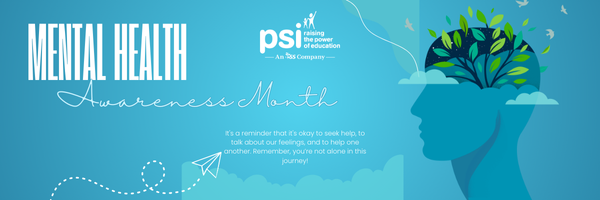
Prioritizing Well-Being, One Day at a Time
In 1949, the non-profit group Mental Health America (MHA) established this annual observance with the following goals:
• Educate the public about mental health conditions and their impact.
• Reduce stigma and foster acceptance by encouraging open conversations.
• Highlight the importance of early intervention and access to treatment.
• Share available mental health resources, like support groups and crisis services.
• Build solidarity and reduce isolation for those facing mental health challenges.
• Advocate for improved policies and increase funding to easier-to-access care.
• Promote mental well-being and self-care practices for overall health.
Current mental health statistics in the US are sobering. According to the Substance Abuse and Mental Health Services Administration (SAMHSA), an agency within the Department of Health and Human Services (DHHS), 1 in 5 adults self-report experiencing mental illness. 1 in 6 children and teens at some point have a diagnosed mental health condition, but only half receive treatment for it. 50% of all lifetime mental illness begins by age 14— and 75% by age 24. Just two years ago, a study reported 20% of high school students at one time seriously considered suicide.
Normalizing conversations surrounding mental health fosters empathy and understanding and empowers individuals to advocate for themselves and seek help. It also de-stigmatizes the labels we use to categorize mental health conditions and helps to build a more compassionate society and a community of allies. Mental Health Awareness Month exists as much to encourage those who are suffering to speak up as it does to inspire every individual to keep an open mind and remain judgement-free. Recognizing that another person needs help and reaching out gently to offer support could be life-saving.
#MentalHealthAwareness
Written by Dr. Carly Wilbur, UH Pediatrician and PSI Medical Director.



